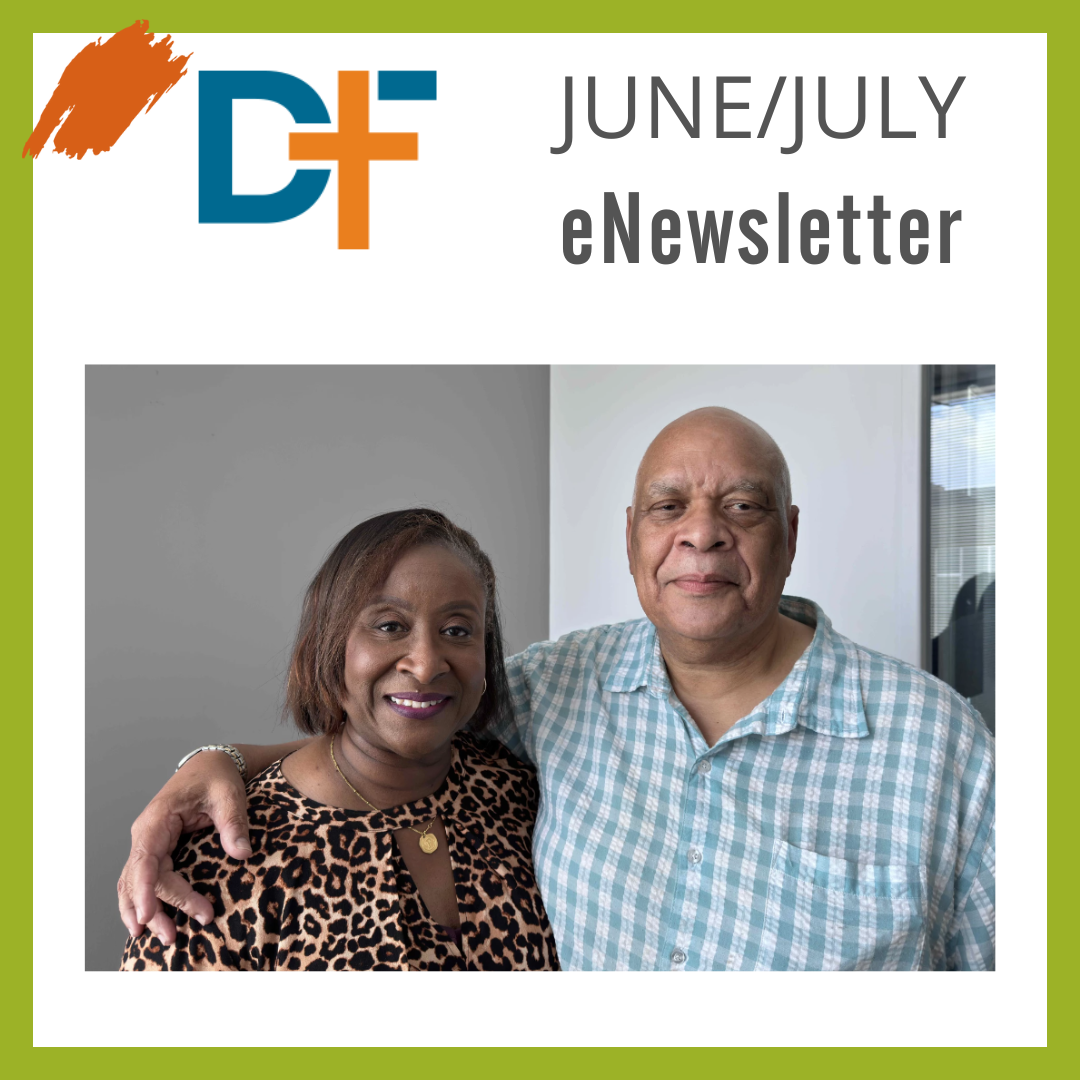
June/July Newsletter | From Ivory Towers to Ebony Hubs
American women seeking healthcare find that we are navigating a challenging path that leads to a cliff. In our current healthcare system, women’s reproductive health is hyper-focused on one specific period – our prime childbearing years. But this narrow interpretation of our womanhood and of reproductive health, which is best defined for me as the condition of a person’s reproductive system during ALL life stages, exposes the inherent breakdown in systems’ response to our unique and evolving needs. A liberated lifetime of health and wellbeing starts in our tender years before menstruation begins and continues in the years during and after menopause. Yet, because society derives value from us for what we can produce and how much we can produce, so called, “modern” medicine and westernized healthcare system design reflects this often-fatal flaw.
The narrow vision of reproductive healthcare we currently experience is evidenced directly by the designation of funding and resources (or lack thereof). Across the board, medical research in women’s health is substantially underfunded, and poignantly, research on the perimenopausal and menopausal stages of a woman’s life is largely under resourced and under discussed, particularly in larger studies about aging. In the limited research that does exist, Black and Hispanic women are further excluded from studies due to selection bias, even though Black women typically reach menopause earlier than white women and have worse symptoms. These inequities in research lead to inequities in diagnoses, care, and treatment options, leaving many women unable to understand the changes happening in their own bodies – and ill equipped to prepare the generations behind us. If we want healthcare that reflects the spectrum of lived experiences, the research that informs our care must be fully inclusive across these oft-overlooked periods of life.
We demand that those institutions that brag about valuing translational science that exist to, “bring more and better treatments to all people quickly,” take a hard look in the mirror. The flaw in the translational science model is that it centers the institution as savior, teeming with people who are trained to extract science from the context of humanity. This presupposed that this amalgam will somehow lead us to quality results in community. This is preposterous and insulting. Translational science must begin with, weave through, and return to us. In my vision, ivory towers crumble and ebony community hubs of ingenuity and life force take their place. Ebony community hubs will see us in our wholeness at every stage and age; respect and integrate ancient wisdom with fresh medicine; and embed cultural humility knowing that we are inviting healing through the hands of people who see themselves as healers and who enter into the most sacred and often scariest times in our lives because of the level of unknown in the journey.
We lift up the hard work of women legislators who are behind the beginnings of a larger movement at a national level to increase funding for menopause research and education for caregivers. Separately, the federal government recently called on Congress to make a transformative investment of $12 billion in funding for women’s health research that would address a woman’s full lifespan. Women are at the forefront of these conversations in government and popular culture, with many making the choice to be radically honest and open about their experiences and pushing us all to destigmatize the lived experiences of navigating reproductive health while aging.
Despite the progress, there is always more work to be done. This is my outcry to readers to hold accountable academic institutions, healthcare systems, and those who make their livelihoods off the experimentation and study of the psychological and physical distress of women to live up to their code of ethics and make good on our social contract as a moral imperative.
In service to the will of the Spirit and the mission,
Rev. Bethany Johnson-Javois
President & CEO
Deaconess Foundation
This column was originally published in a recent edition of the St. Louis American.
Read the full June/July newsletter here.
